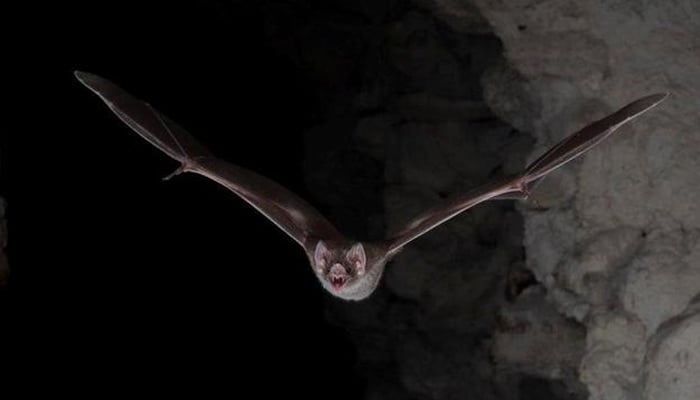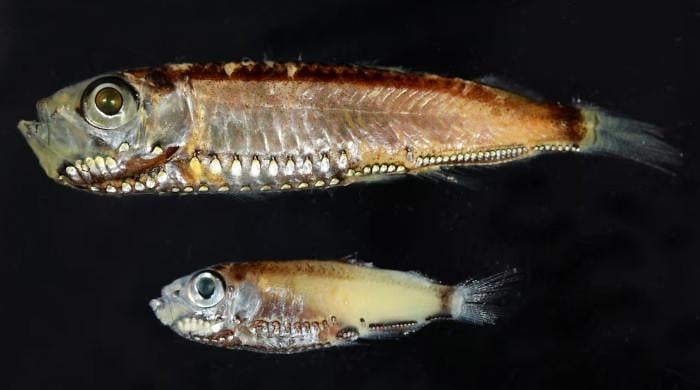Vampire bats observe social distancing when they are sick: study
"Sick bats had a 35% chance of spending time near another bat," say researchers
October 29, 2020

A new study has revealed vampire bats adopt social distancing when they are sick, CNN reported Wednesday.
According to CNN, earlier studies had shown that animals distance themselves from others when they are sick. Researchers recently conducted an experiment to confirm this in the wild.
"In certain social insects, sick ones might self-isolate voluntarily or be excluded by their colony mates," researchers said, adding: "This sickness-induced social distancing does not require cooperation from others and is probably common across species."
The researchers' experiment
The researchers got a hold of 31 wild adult female vampire bats and injected half of them with an "immune-challenging substance to simulate sickness, while the other half received a placebo".
Read more: 'Wuhan's virology institute had three live bat coronaviruses, none matched COVID-19'
"Researchers then glued sensors to the "sick" bats to track their movements before being released back into the tree for observation," the publication said.
The experiment's results
The sick bats, during the six-hour observation, had spent less time with the healthy bats, CNN said, reminding the people that medical experts were suggesting the same to people — observe social distancing.
Another lockdown?: NCOC sounds clear warning COVID-19 is slipping out of control
Compared to healthy bats, the sick ones had an average of four fewer associations, and their socialising was 25 minutes less.
"The healthy bats showed a 49% likelihood of associating with others, while the sick bats had a 35% chance of spending time near another bat," said the publication.
"The sensors gave us an amazing new window into how the social behaviour of these bats changed from hour to hour and minute to minute ... even while they are hidden in the darkness of a hollow tree," said the study's lead author, Simon Ripperger, in a statement. "We've gone from collecting data every day to every few seconds."











